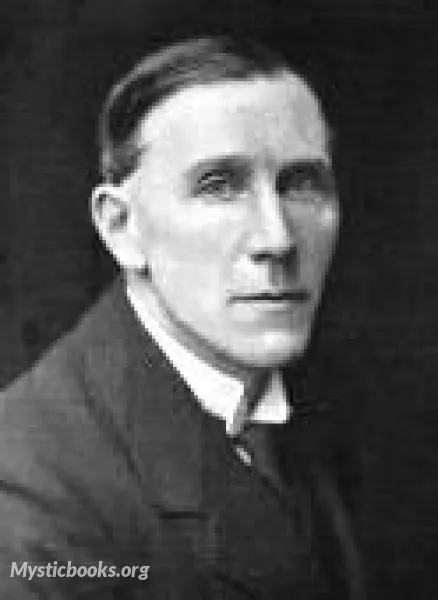
Timeline
Title
Country/Nationality
J. D. Beresford
John Davys Beresford (March 17, 1873 – February 2, 1947) was an English writer, now remembered for his early science fiction and some short stories in the horror story and ghost story genres. Beresford was a great admirer of H.G. Wells, and wrote the first critical study of Wells in 1915. His Wellsian novel The Hampdenshire Wonder was a major influence on Olaf Stapledon. His other science-fiction novels include The Riddle of the Tower, about a dystopian, hive-like society.
Beresford was born in Castor, now in Cambridgeshire near Peterborough, and he was educated at Oundle. After training to become an architect, he became a professional writer, first as a dramatist, and then as a novelist.
Beresford's early novels were realist works, but he soon turned to science fiction and fantasy. His first science fiction novel, The Hampdenshire Wonder, was published in 1911. It is a story about a young man who is born with incredible powers, including telepathy and telekinesis. The novel was a major influence on Olaf Stapledon, who acknowledged Beresford as a major influence on his own work.
Beresford's other science fiction novels include The Riddle of the Tower (1921), The World, the Flesh, and the Devil (1926), and The Face in the Night (1932). He also wrote a number of short stories in the science fiction and fantasy genres.
In addition to his science fiction, Beresford also wrote a number of realist novels, including The Early History of Jacob Stahl (1911), A Candidate for Truth (1912), and Goshawk in the Sun (1929). He also wrote several autobiographical works, including My Life in Two Worlds (1929) and The Unexpected Years (1935).
Beresford was a prolific writer, and he produced over 100 books in his lifetime. He was also a successful playwright, and his plays were produced in London and New York.
Beresford died in Bath, England, in 1947. He is remembered as one of the pioneers of science fiction and as a versatile and prolific writer.
Here are some of the principles that guided Beresford's work:
- Creativity: Beresford was a creative writer who was always looking for new ways to tell stories. He was not afraid to experiment with different genres and styles.
- Social commentary: Beresford's work often reflected his concerns about social issues. He was a critic of the social and political establishment, and his work often challenged the status quo.
- Humanism: Beresford was a humanist who believed in the importance of human values. His work often explored the themes of love, compassion, and understanding.
- Optimism: Beresford was an optimist who believed in the power of the human spirit. His work often ended on a hopeful note, even when it dealt with difficult subjects.
Beresford's work had a significant impact on the development of science fiction and fantasy. He was one of the first writers to explore the possibilities of these genres, and his work influenced many later writers. Beresford is also remembered for his realist novels, which were praised for their insights into human nature.
Books by J. D. Beresford

The Hampdenshire Wonder
In the tranquil English village of Hampdenshire, a remarkable child is born, destined to challenge the boundaries of human potential. "The Hampdenshire Wonder" by J.D. Beresford is a captivating tale that delves into the extraordinary life of Victor,...

My Religion
This book is a collection of sixteen essays on religion by well-known people (mostly authors) in the early 20th century. The essays were originally written for the popular press of the time and cover a wide range of topics, including the existence of...